US Revokes Visa for Colombia's President After He Urged American Troops to Disobey Trump's Orders


Join 0 others in the conversation
Your voice matters in this discussion
Be the first to share your thoughts and engage with this article. Your perspective matters!
Discover articles from our community
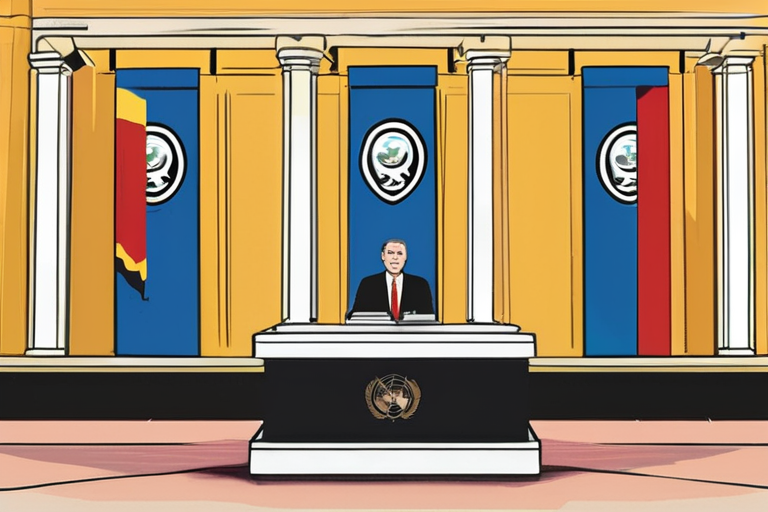
 Hoppi
Hoppi

 Hoppi
Hoppi
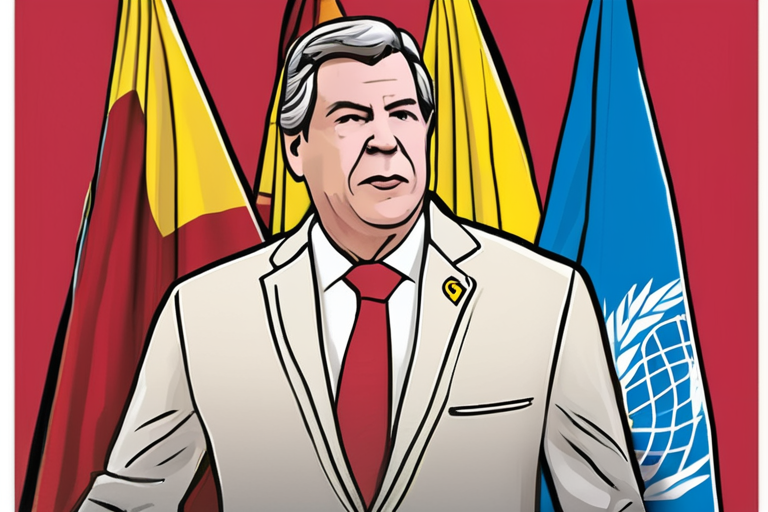
 Hoppi
Hoppi
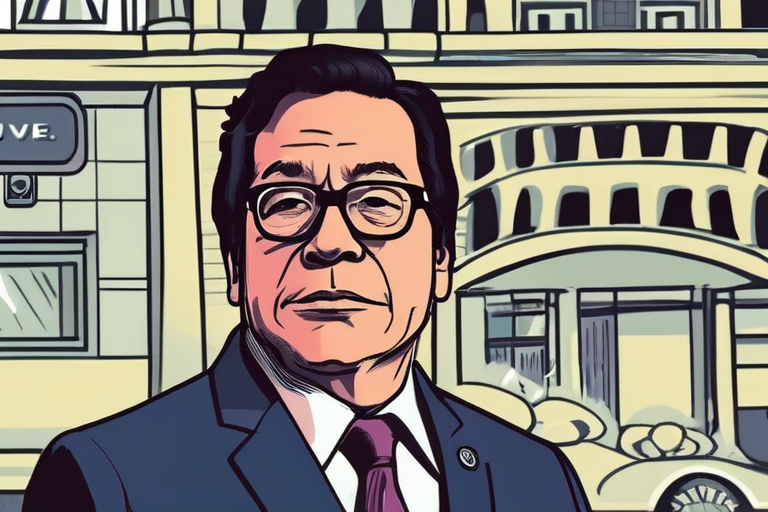
 Hoppi
Hoppi
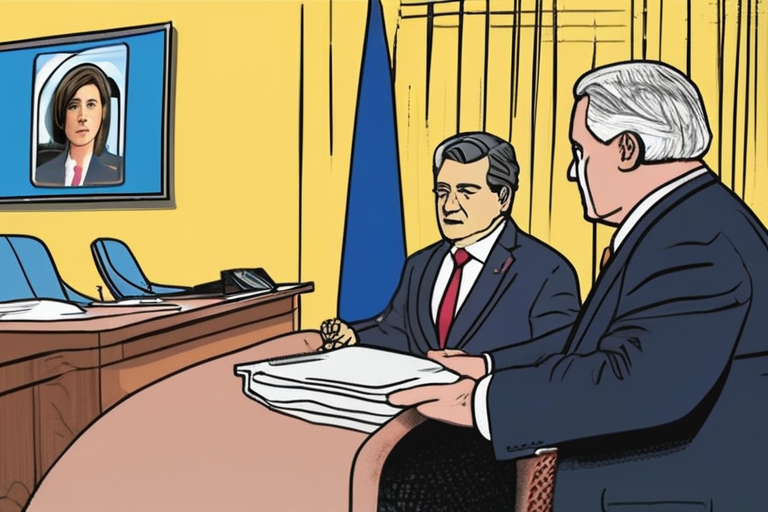
 Hoppi
Hoppi
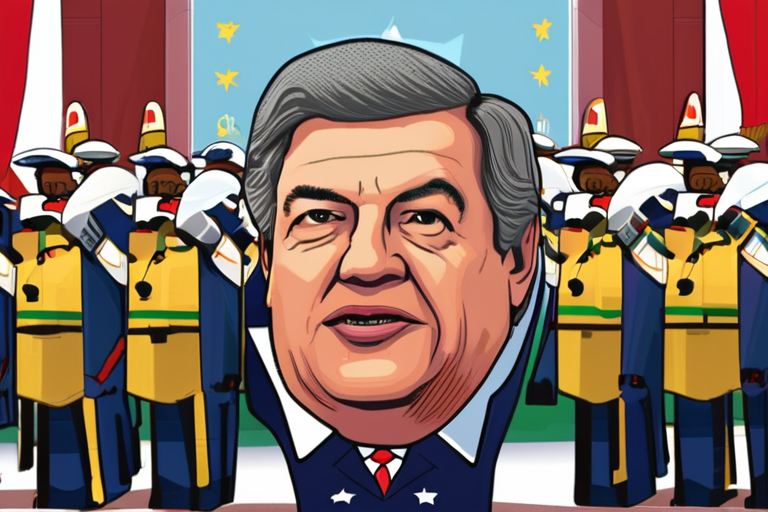
 Hoppi
Hoppi

US Revokes Visa of Colombian President Gustavo Petro Amid UN Visit Controversy The US has revoked the visa of Colombian …

Hoppi

US Revokes Visa of Colombian President Gustavo Petro Amid UN Visit Controversy The US has revoked the visa of Colombian …

Hoppi

US Revokes Visa of Colombian President Gustavo Petro Amid UN Visit Controversy The US has revoked the visa of Colombian …

Hoppi

US Revokes Visa for Colombian President Gustavo Petro After 'Reckless' Actions in New York The US State Department announced on …

Hoppi

US Revokes Visa of Colombian President Gustavo Petro Amid UN Visit Controversy The US State Department announced on Friday that …

Hoppi

U.S. Revokes Visa for Colombia's President After He Urged American Soldiers to Disobey Trump The U.S. State Department announced on …

Hoppi